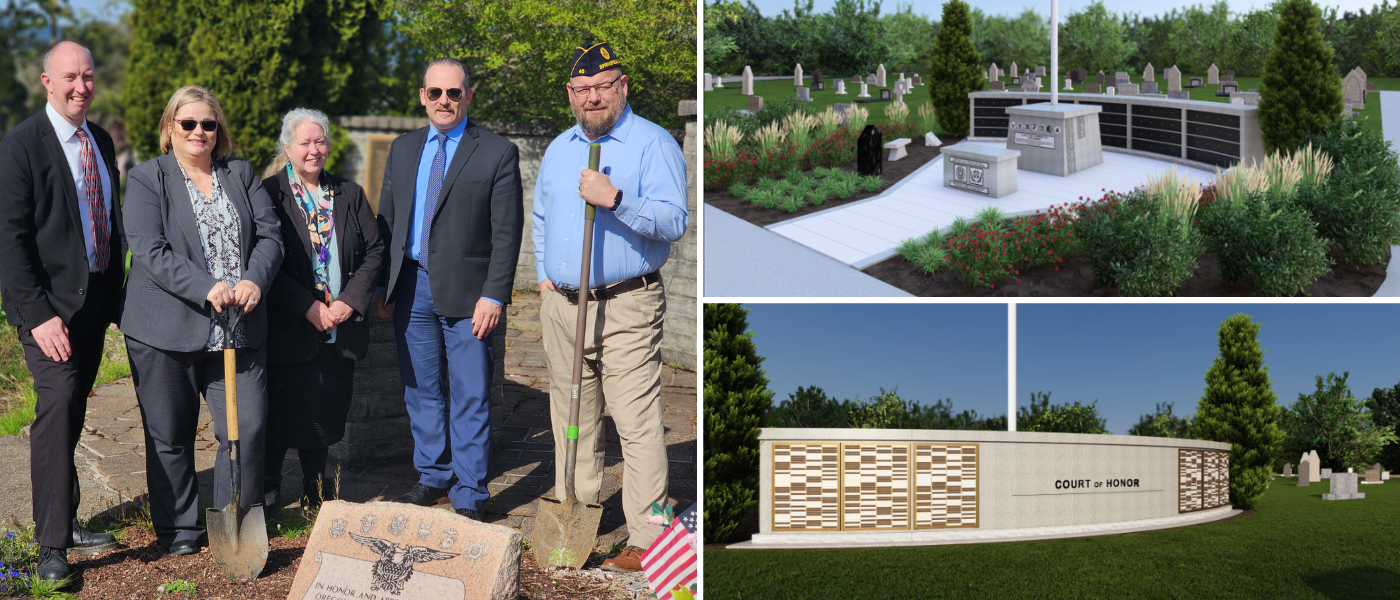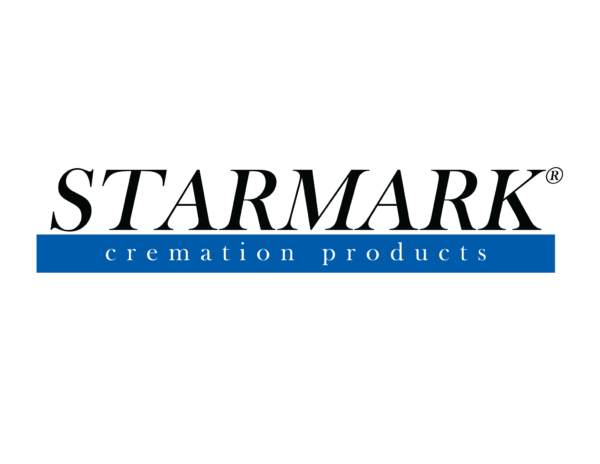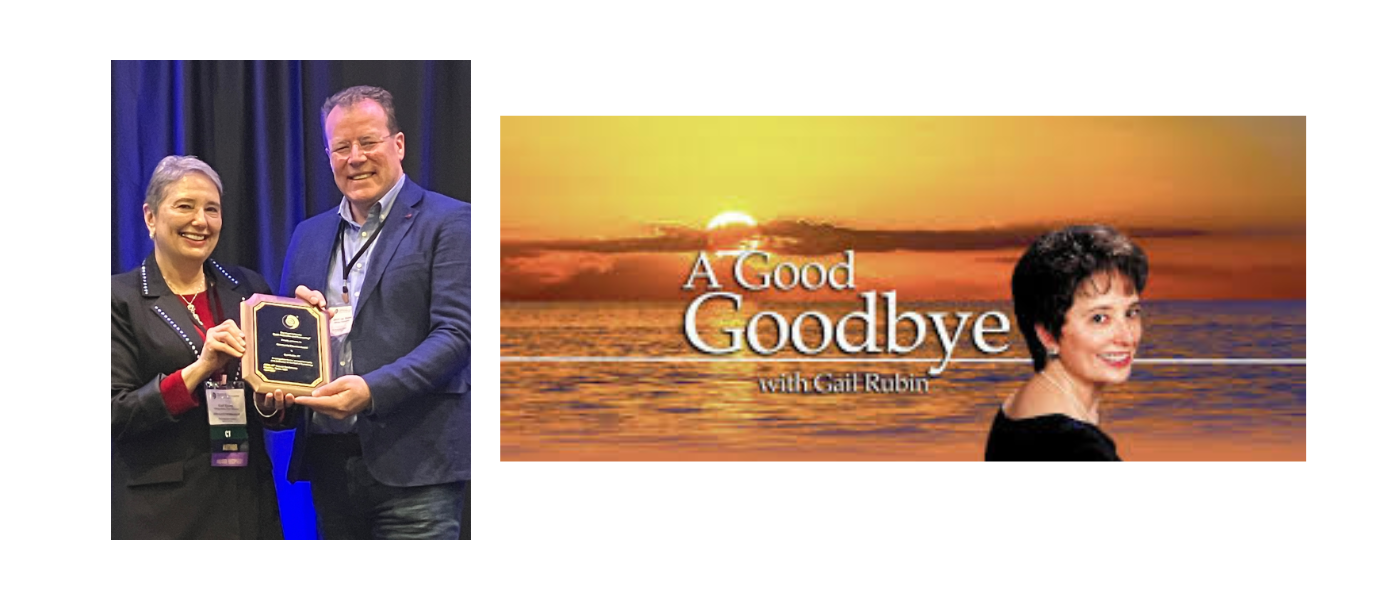Funeral Industry is Not Dead; Just Going Through the Change
Article by: Jeff Harbeson, The Funeral Commander
Last week’s article in Forbes magazine by Perianne Boring The Death of The Care Industry and Eternal Life Online prompted a predicted limited response from funeral directors (at least from sources like LinkedIn, Facebook and the blog world) although the LinkedIn Connecting Directors.com site provided excellent opinionated responses from a few funeral professionals. I had personal conversations with several others regarding not only the contents of the article, but the loud and clear silence of rebuttal opportunity to what I consider an expose’ that did not shed the best light on the funeral industry i.e., a paragraph heading of “The Veil Of Secrecy in Funeral Homes.”
My personal position is that Ms. Boring wrote an excellent piece using several sources from Caleb Wilde, the Federal Trade Commission, Jessica Mitford, Consumer Reports and others. If funeral directors are upset by the article, I remember a saying “I don’t make the news, I only report the news” and those of us in the funeral profession should not “shoot the messenger” but take note of what is revealed in the article.
My take away is that frankly, what was reported is not “new news.” Guess what? There is inflation in the funeral industry, the FTC makes regulations that are regularly broken by rogues, funeral homes are for profit businesses, funeral home practices have evolved over the years, the advent of the internet and social media are providing more exposure to once limited funeral home information. And, oh yeah; it’s expensive to die.
What is not generally known about me is that I have spent some time and have experience in the Hospitality Industry. I have family that has developed, managed, owned, operated, bought and sold hotels with an impeccable reputation in the hotel business for decades. My personal mentor in life and business, J.E. “Buddy” Watson, provided me insight along with opportunity to periodically work alongside him. The exposure of brand standards, training, management, development, construction, capital raising (private equity, venture capital, legal requirements, etc.) actually was the impetus for me developing the Family Choice Funerals & Cremations brand of funeral service.
 Have you ever seen a J.W. Marriott hotel, a full service Marriott hotel, a Marriott Courtyard, a Marriott Residence Inn and a Marriott Fairfield Inn in the same cluster near each other and wonder why? Well, it’s because each of those brands represent a different customer segment. The contrast of the full service product with amenities like convention/meeting space, full restaurants and a bar significantly differ from the limited service hotel with basic check in, basic breakfast offering, etc. Additionally, the rooms are appointed according to the level of what the consumer is willing to pay. But remember; the fundamental purpose for a hotel is simply a place to sleep away from home.
Have you ever seen a J.W. Marriott hotel, a full service Marriott hotel, a Marriott Courtyard, a Marriott Residence Inn and a Marriott Fairfield Inn in the same cluster near each other and wonder why? Well, it’s because each of those brands represent a different customer segment. The contrast of the full service product with amenities like convention/meeting space, full restaurants and a bar significantly differ from the limited service hotel with basic check in, basic breakfast offering, etc. Additionally, the rooms are appointed according to the level of what the consumer is willing to pay. But remember; the fundamental purpose for a hotel is simply a place to sleep away from home.
So now, it’s time for me to hone in on my point and take away from the Forbes article. The hotel industry and funeral industry are similar, but many in the funeral industry have not figured this out yet or at least refuse to acknowledge such. When funeral practitioners like Caleb Wilde shared in the article that his family of funeral directors shifted from “residence/home funeral service” to body removal from the residence to the funeral home, that was a big deal for the industry. Interesting how residential indoor plumbing began to emerge around the same time making one wonder if removing waste from the home was then considered “new and modern.”
Many funeral practitioners changed their modus operandi; instead of embalming, casketing and setting up the residence for a funeral they built a location to perform all the work. It’s now a rarity to have embalming and other funeral services provided by funeral directors at residences. Many of the funeral homes were also residences of the funeral directors, truly exemplifying “family owned and operated.” Over the years, I suppose funeral homes decided that they did not want to “funeralize” in their own homes, so the advent of the modern day funeral home was developed and built.
Some of the “family inhabited” and “new location” buildings are still in existence; but the buildings are now a real estate burden because the consumer community served back in the 50′s and 60′s has changed. I have been to many a funeral home that is struggling due to changing of the local clientele change and the real estate value plummeting along with their business. In contrast, the modern day funeral home is quite different from the early “new location” buildings. Some of these “funeral homes” resemble resorts or very expensive hotels with fine amenities, well-appointed furnishings, lush manicured grounds, a huge chapel, fleets of expensive automobiles, catering/event areas exuding elegance and the finest surrounding to honor a loved one. Others are more modest with functional meeting rooms, a chapel, and the basic necessities for service funeral consumers, just a bit smaller. An emerging type of funeral provider, disdainfully called “discounters” by many funeral royalty, are minimal facilities that may even be located in an old shopping center, but often offer the same products and services as the others without all the amenities.
 Providing these descriptions of hotels and funeral homes…are you seeing the similarities (besides both industries provide turndown service)? Which charges more for service; the full service J.W. Marriott or the Marriott Fairfield Inn? The well-appointed “full service funeral home” or the so called “discounter?” A number of resources are available online to compare prices of hotels which include their own brand reservation sites like Marriott.com competing with Hotels.com and Travelocity. A consumer is now trained to research online for information, pricing and comparisons looking for the best value for their particular stay. Conversely, if a consumer is seeking the same about funeral homes (a permanent stay product) their resources are limited. My friend and fellow funeral industry entrepreneur, Ellery Bowker, owner of Directors Advantage reported that only 8% of US funeral homes provide pricing on their website. Ryan Thogmartin of Disrupt Media Group and the popular Connecting Directors.com website is considered the funeral industry “Guru” of social media. Funeral homes are still reluctant to engage social media professionals like Ryan to provide consumers information to make an educated decisions.
Providing these descriptions of hotels and funeral homes…are you seeing the similarities (besides both industries provide turndown service)? Which charges more for service; the full service J.W. Marriott or the Marriott Fairfield Inn? The well-appointed “full service funeral home” or the so called “discounter?” A number of resources are available online to compare prices of hotels which include their own brand reservation sites like Marriott.com competing with Hotels.com and Travelocity. A consumer is now trained to research online for information, pricing and comparisons looking for the best value for their particular stay. Conversely, if a consumer is seeking the same about funeral homes (a permanent stay product) their resources are limited. My friend and fellow funeral industry entrepreneur, Ellery Bowker, owner of Directors Advantage reported that only 8% of US funeral homes provide pricing on their website. Ryan Thogmartin of Disrupt Media Group and the popular Connecting Directors.com website is considered the funeral industry “Guru” of social media. Funeral homes are still reluctant to engage social media professionals like Ryan to provide consumers information to make an educated decisions.
 In recent history, the hotel industry had either a full or limited service product but has now evolved with extended stay, suites and other offerings based on the consumer demand. The funeral industry has basically provides for two categories of full service (like a J.W. Marriott or Ritz Carlton and full service Marriott) or a limited service (like Marriott Courtyard or Fairfield Inn). If you shop online, sometimes you can find a full service hotel for a limited service price (ask my fellow Captain, Captain Obvious of the Hotels.com website). The same consumer shopping for services is more commonplace in the funeral industry, but the results are not the same due to as the Forbes article and Ellery Bowker point out, a “Veil Of Secrecy” still exists purposely by funeral homes not listing their prices online…forcing a consumer to actually visit the funeral home location for the coveted and FTC-mandated General Price List.
In recent history, the hotel industry had either a full or limited service product but has now evolved with extended stay, suites and other offerings based on the consumer demand. The funeral industry has basically provides for two categories of full service (like a J.W. Marriott or Ritz Carlton and full service Marriott) or a limited service (like Marriott Courtyard or Fairfield Inn). If you shop online, sometimes you can find a full service hotel for a limited service price (ask my fellow Captain, Captain Obvious of the Hotels.com website). The same consumer shopping for services is more commonplace in the funeral industry, but the results are not the same due to as the Forbes article and Ellery Bowker point out, a “Veil Of Secrecy” still exists purposely by funeral homes not listing their prices online…forcing a consumer to actually visit the funeral home location for the coveted and FTC-mandated General Price List.
The lack of response by funeral directors about the Forbes article may be due to the inability to adjust their practices to consumer demands such as the hotel industry has. Basically, a “full service funeral home” has all the amenities one could want and charges appropriately for the goods and services…even if the consumer doesn’t have a desire for such. Ever heard the phrase, “Spend a Night, Not a Fortune?” Well, my mentor, Buddy Watson actually coined that phrase back in the 70′s for a hotel chain. So could the phrase, “Pay a Tribute, Not a Fortune” be an appropriate message to consumers about making their funeral plans?
When spending a night in a hotel; a consumer has the choice of the finest of amenities and services or lack thereof based on their own value proposition. At death; burial or cremation, a consumer has the choice of the finest of amenities and services or lack thereof based on their own value proposition. Either way, the emergence of savvy, limited service funeral and online funeral service providers will continue to capture growing market share. Factually there will always be a market for the full service hotels and funeral homes and there are more limited service hotels than full service to meet the demand of the consumer.
Finally, the gap of funeral consumers that have the financial means or desire to use full service funeral homes are diminishing. Consumers that either are financially struggling or don’t find value in the full service funeral product are increasing. The funeral service providers that figure out how to meet the needs of the increasing segment of funeral consumer with immediate transparent information and desired product will flourish in the next several years of increasing death numbers due to population along with technology for spreading their message. Take note of other industries and how they evolved successfully…the death care industry is not dead, it’s just “going through the change.” Cheers y’all.




